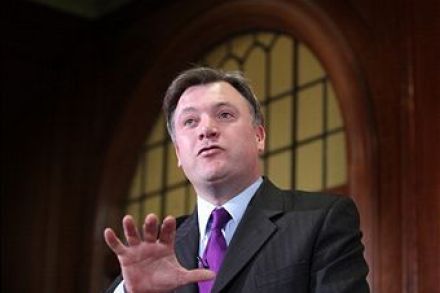Cameron’s u-turns come at a price
David Cameron hasn’t wasted much time since his return from holiday in dealing with the government’s two biggest political vulnerabilities: its policies on the NHS and criminals. The u-turns have got Cameron into a better place politically but they come at a cost. On the NHS, Cameron has had to water down the Lansley reforms and accept the temporary creation of a two-tier NHS and a highly bureaucratic structure. While on sentencing, Cameron has removed one of the ways that Ken Clarke was trying to save money. But, perhaps, the biggest problem with these u-turns is that they add to the impression that he’s not prepared to stand and fight,



















